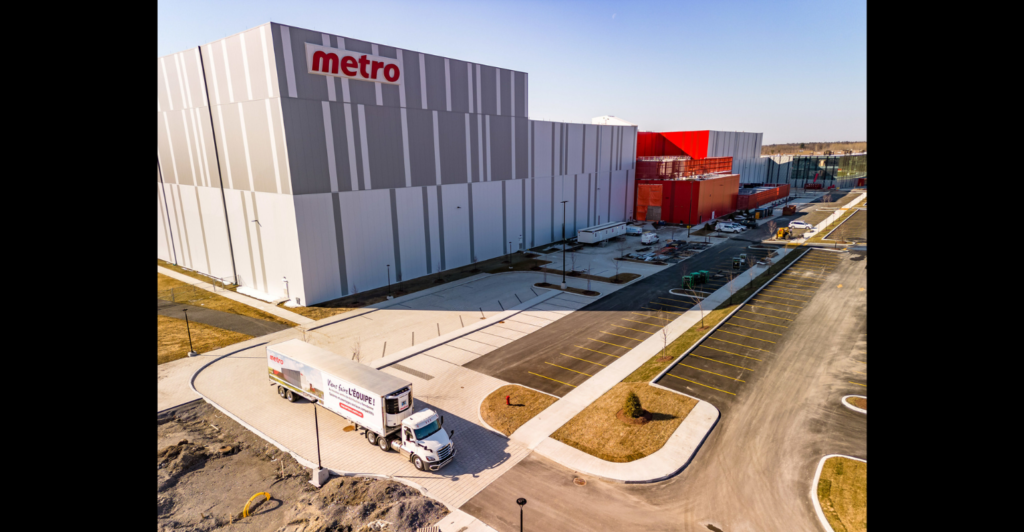A lot went right for Metro during its fiscal year first quarter.
The Canadian grocer recorded positive results in just about every category and experienced some significant milestones.
Sales were up 6.5% year over year at just over $4.974 billion, and food same-store sales increased 6.1%, and were up 3.4% when adjusting for the Christmas week shift. In addition, pharmacy same-store sales spiked 3.9% (a 6.6% increase in prescription drugs) when compared to the first quarter of 2023.
Online food sales skyrocketed year over year — up 105%, mostly driven by higher partnership sales.
According to Metro President and CEO Eric La Fleche, private label penetration reached new heights and the MOI loyalty program now stands at 2.5 million members, which is double the size of Metro&Moi. Metro also opened a 600,000 square-foot automated fresh and frozen distribution center in Terrebonne, Quebec, in October.
“The ramp up of operations is on track with our plan and the guidance given in November,” said La Fleche. “We are confident that our sustained investments in the modernization of our supply chain and our retail networks will continue to create long-term value for our shareholders.”
Net earnings were down slightly year over year — 1.1% at $228.5 million — and adjusted net earnings also dropped 1.1% at $235 million.
Gross margin for the first quarter was the same as the first quarter of 2023 at 19.6%.
For the entire fiscal year, Metro is projecting an annual growth target range of 8% to 10% versus FY 2023. The automated distribution center in Terrebonne and the launch of the final phase of an automated fresh produce plant in Toronto will drag operating income before depreciation and amortization a bit over the remaining months. Metro is looking at operating income to grow less than 2% year over year and adjusted net earnings per share to be flat or down 10 cents.


